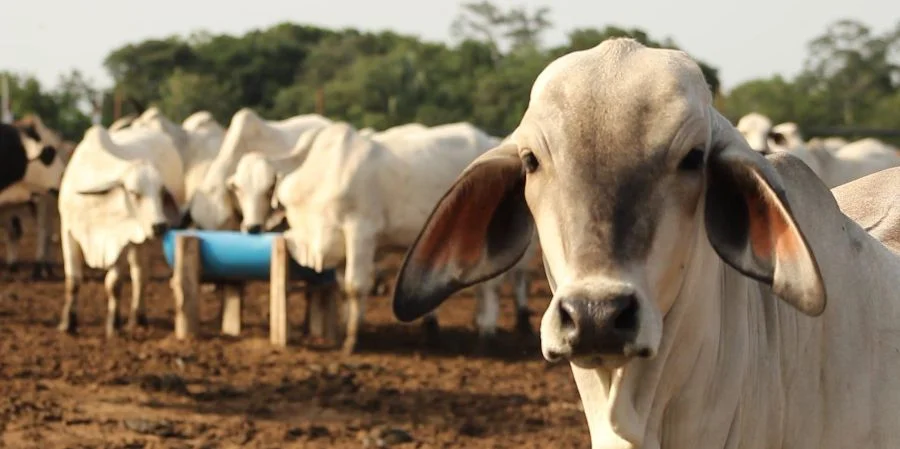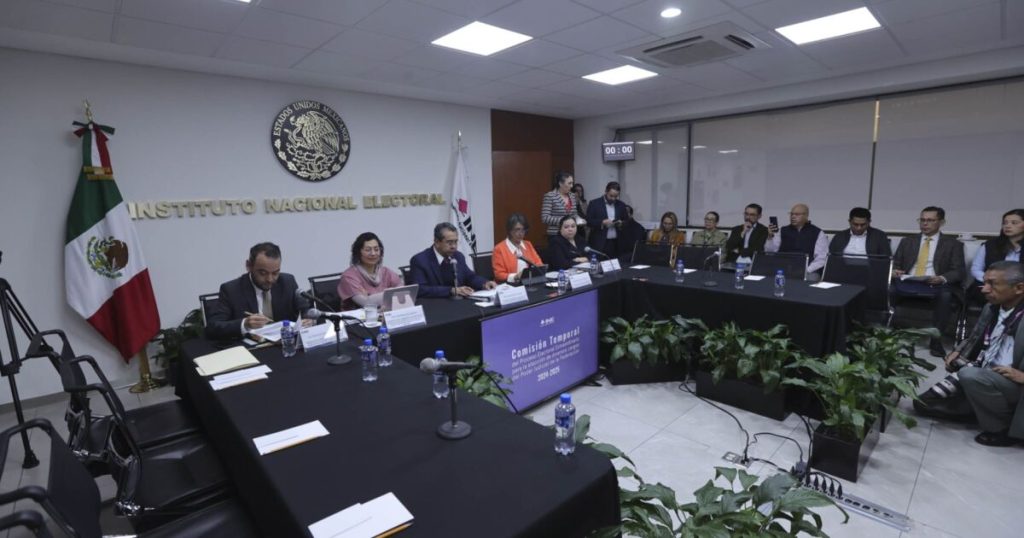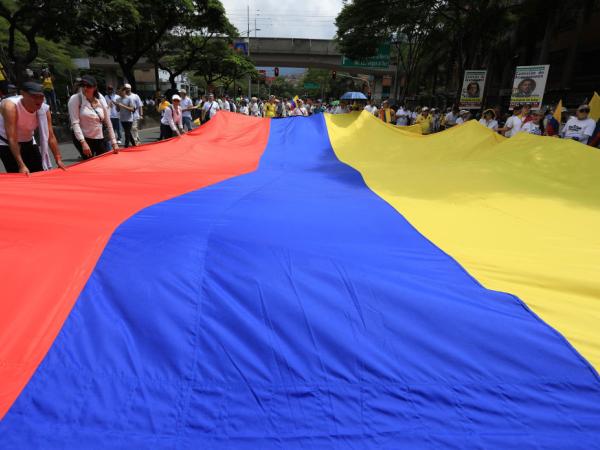AREQUIPA, Peru – The Ministry of the Interior (MININT) of the Cuban regime has carried out more than 6,000 confrontation and prevention actions so far in 2024 against crimes linked to the theft and illegal slaughter of livestock on the Island.
Manuel Valdés, head of the Confrontation Body of the Technical Directorate of Investigations (DTI) of the MININT, assured in the official propaganda program “We make Cuba” that the actions include the cutting of 902 investigative processes.
Likewise, the manager noted the neutralization of 9,005 individuals related to these crimes, 52% with criminal measures, which represents more than 4,500 people prosecuted. Last month alone, some 26 organized groups involved in theft and sacrifice were arrested.
According to the colonel, the provinces with the greatest presence of these violations are Guantánamo, Santiago de Cuba, Las Tunas, Camagüey, Holguín, Villa Clara, Cienfuegos and Matanzas. In this regard, he highlighted that in these territories the authorities act “with more rigor” and there are 55 municipalities affected.
For her part, Mayra Cruz Legón, legal director of the Ministry of Agriculturereferred to the exercise of control of the use and ownership of land and livestock that began on March 1, and with which it was intended to control around 80,000 livestock owners.
To date, 94% of the producers have been reviewed and irregularities have been discovered in 90% of them.
The official pointed out that the main deficiencies detected during the exercise have been deceased livestock owners, outside the country, sanctioned or its location unknown. Other irregularities include animals not being declared at birth, not registered in the livestock registry and without identification; shortages and illegal sales.
Cruz Legón also highlighted that in some municipalities the Police have reported cattle grazing without security, poor condition of the perimeter fencing, animals that sleep outside the pens at night, and little popular and state surveillance for their protection.
However, critics point out that it is the regime’s agricultural policies that have led to the deterioration of livestock farming on the Island. State interference in the management of livestock farmers limits their autonomy, and without the necessary resources, they must take care of their cattle in precarious conditions, often risking their lives due to the aggressiveness of those who steal the livestock.
Even, Granma He acknowledged in April that in Cuba “livestock areas have been destroyed” and with them the industry that previously flourished. Farmer Miguel Valdés Carmenate, in an interview with the newspaper, said: “Livestock farming in Cuba is bad because we have been allowing it to be destroyed for many years.”
“Livestock areas have been destroyed; We cannot reach the livestock farm with all the medications, the mineral salts that help the metabolism of the cows,” explained Valdés Carmenate. “The blockade has existed my entire life, and I’m not telling you that it hasn’t affected, but with the blockade and everything there was livestock farming in this country.”
Furthermore, he warned: “Livestock farming in Cuba is going downhill and, if we do not stop the deterioration in time, it will continue to sink. “Animals do not produce milk with water alone, even though water makes up 87% of milk.”
Economists and experts maintain that the solution to the crisis in the agricultural sector in Cuba It requires transformations in property, the promotion of private enterprise, an emphasis on the market, supportive institutions and legal guarantees for private parties.















